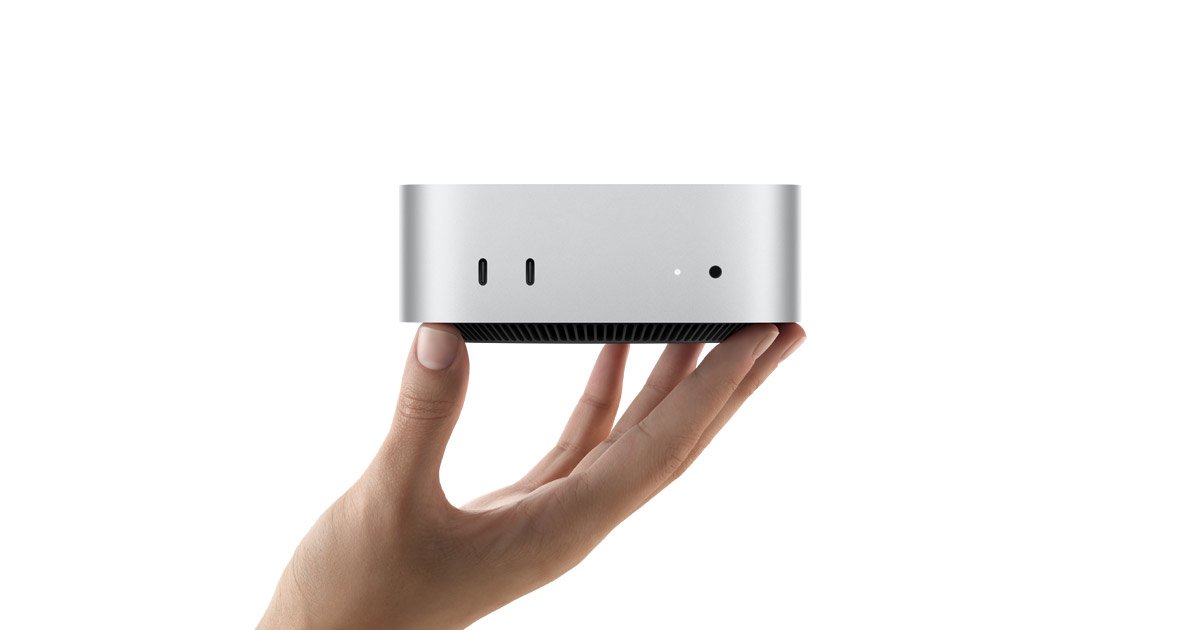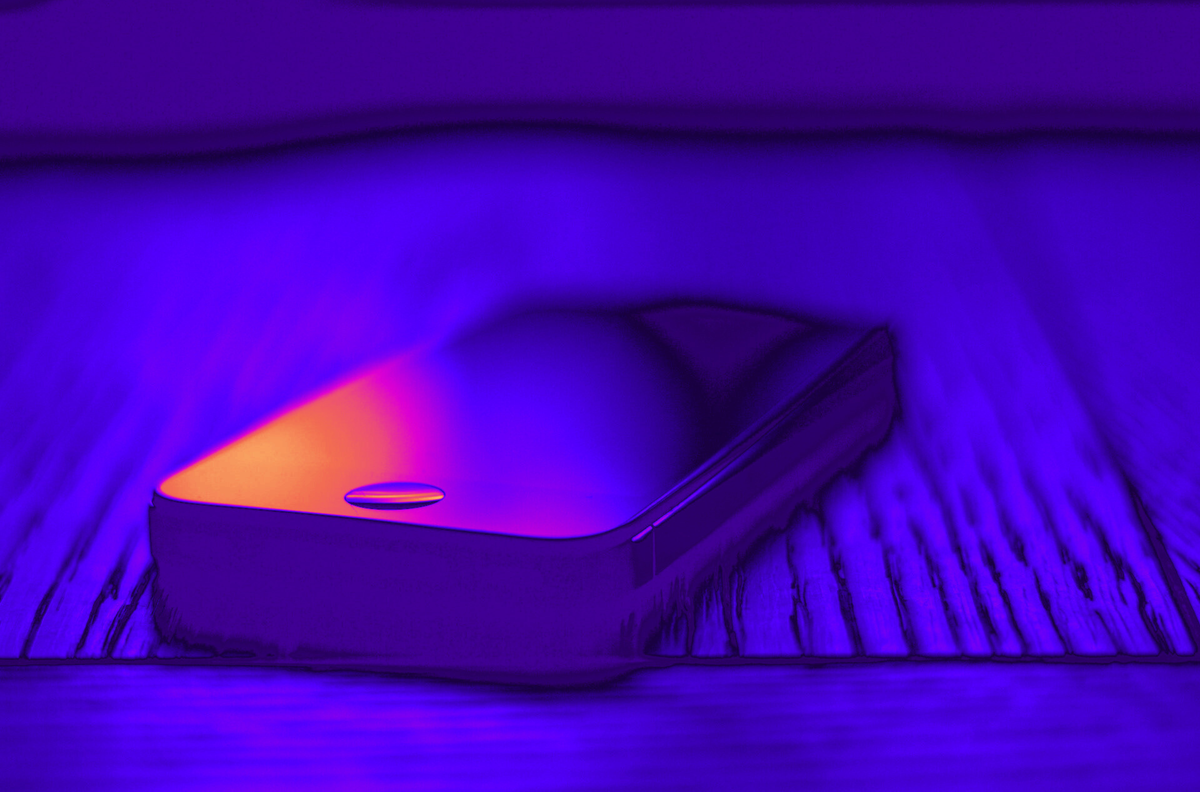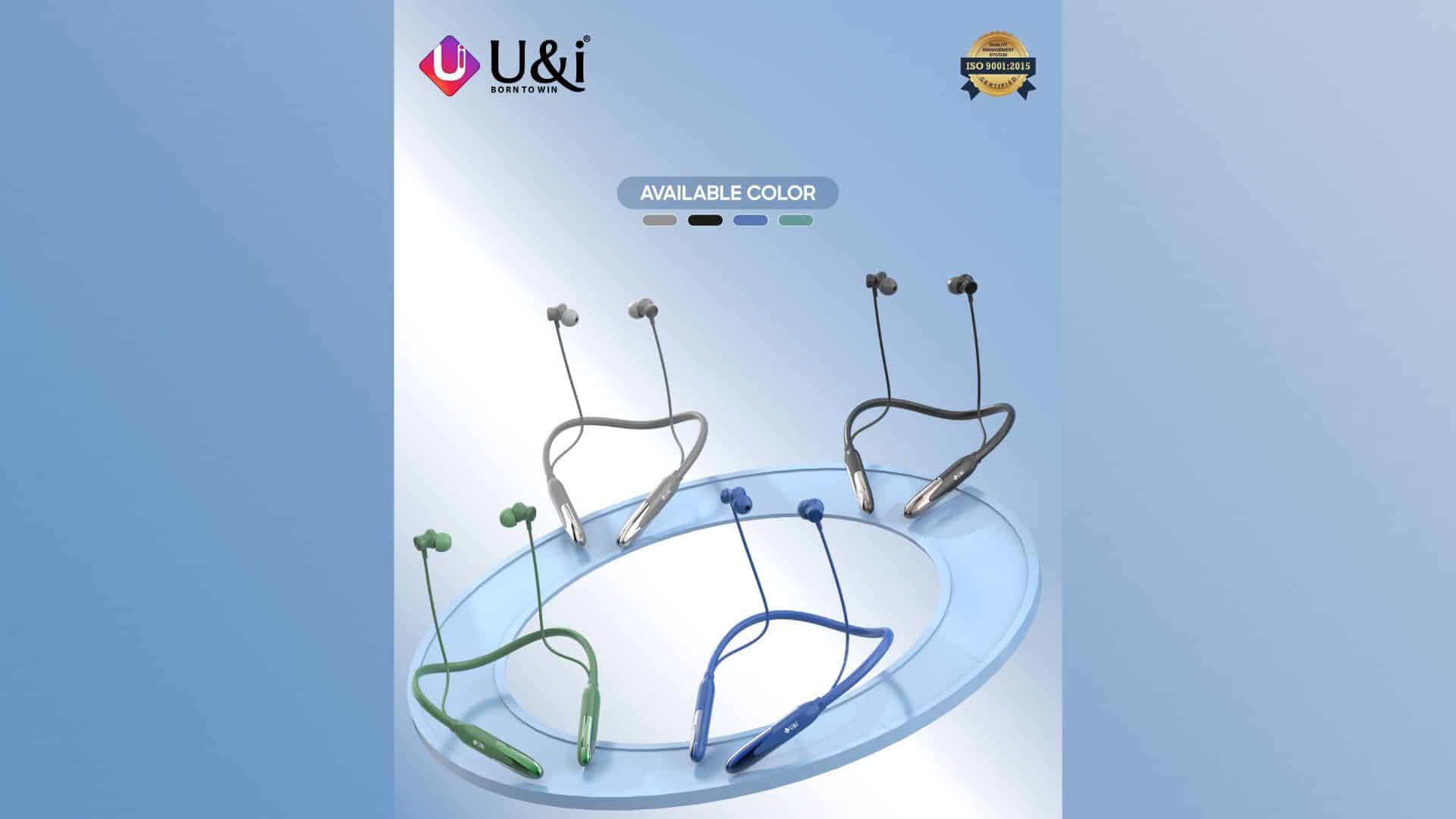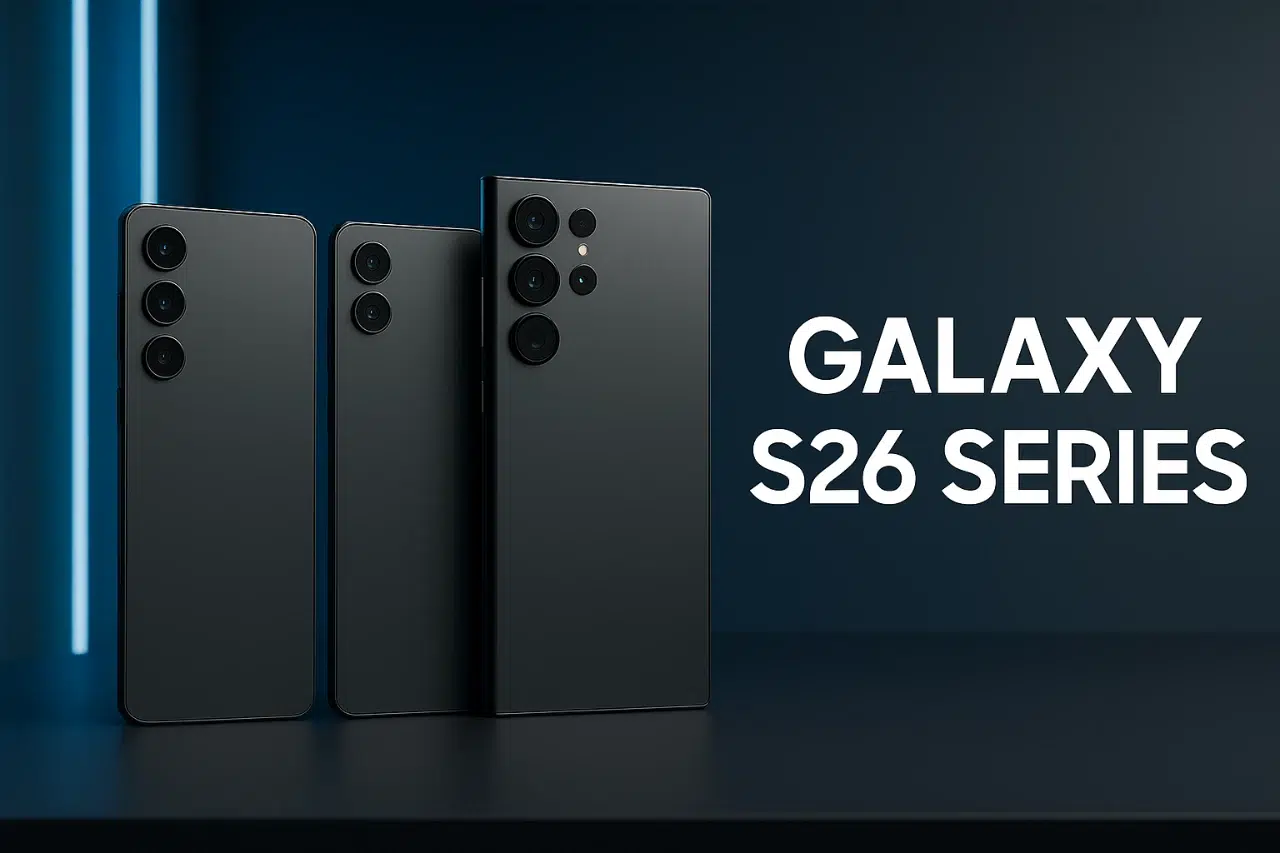For years, the tech community, myself included, has lamented the trend of soldered-down components in Apple devices. It started with RAM, then moved onto SSDs, making repairs and upgrades a nightmare. When I cracked open my 2020 M1 Mac Mini to try and upgrade the storage (don’t ask why, I was feeling adventurous!), I was met with the disheartening sight of an SSD that was more a part of the motherboard than a separate component. This meant that if you wanted more storage, you were stuck with what you initially purchased or forced to rely on external drives.
But with the new M4 Mac Mini, there’s a glimmer of hope. Apple has seemingly backtracked, at least with the SSD. It’s now a removable module, not unlike what you’d find in a high-end laptop. This has sent ripples of excitement through the tech world, with many speculating that this could be the beginning of a return to more user-friendly, upgradeable Macs.
Is it truly upgradeable?
Hold your horses! While the removable SSD is a positive sign, it’s crucial to understand that Apple hasn’t officially declared the Mac Mini user-upgradeable. There are no official upgrade kits available, and Apple hasn’t provided any instructions or support for user-performed upgrades.
However, this hasn’t stopped the more technically inclined from investigating. Early teardowns have revealed that the SSD is indeed a standard NVMe drive connected via a slot. Theoretically, this means you could replace it with a larger drive. But there are caveats:
- Compatibility: Apple might be using proprietary firmware or connectors, meaning not every NVMe drive will work.
- Software: macOS might have software locks in place that prevent the system from recognizing third-party SSDs.
- Warranty: Opening your Mac Mini and tinkering with the hardware will almost certainly void your warranty.
Why is this a big deal?
The shift towards soldered components has been a major point of contention between Apple and its user base. Here’s why this potential for upgradeable storage matters:
- Longevity: Being able to upgrade your storage extends the life of your device. Instead of buying a whole new machine when you run out of space, you can simply swap out the SSD. This is more environmentally friendly and cost-effective.
- Flexibility: User-upgradeable storage gives users more control over their devices. You can customize your Mac Mini to your specific needs and budget.
- Right to Repair: This move aligns with the growing “Right to Repair” movement, which advocates for consumers’ ability to repair and upgrade their own devices.
What does this mean for the future?
It’s too early to say definitively whether this signals a broader shift in Apple’s design philosophy. Perhaps this is just an exception for the Mac Mini, or maybe it’s a test run for future Macs.
However, I believe this is a step in the right direction. Consumers are increasingly demanding more repairable and upgradeable devices. By making the SSD removable, Apple acknowledges these demands and opens the possibility for a more user-friendly future.
My Take:
As someone who has been using Macs for over a decade, I’ve seen the gradual shift away from user-upgradeability. While I understand Apple’s desire for sleek design and optimized performance, I believe it shouldn’t come at the cost of user freedom and device longevity.
I’m cautiously optimistic about this change in the Mac Mini. It’s a small step, but it’s a step in the right direction. I hope this is a sign of things to come and that Apple will continue to listen to its users and embrace a more open approach to hardware.
Looking Ahead:
It will be interesting to see how this develops. Will Apple release official upgrade kits? Will third-party manufacturers step in to fill the gap? Will we see similar changes in other Mac models? Only time will tell.
In the meantime, if you’re considering the new Mac Mini, I’d recommend carefully assessing your storage needs. While the potential for future upgrades is there, it’s not guaranteed. It might be wiser to choose a configuration with ample storage from the get-go, rather than relying on uncertain future upgrade options.






























